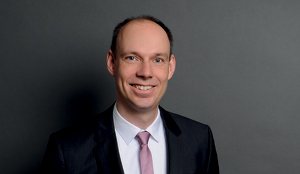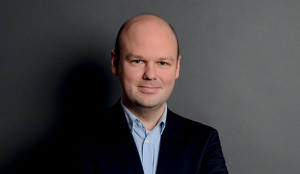UPC Blog Series: Part 5: The UPC and UP: Lessons learned so far
The Unified Patent Court (UPC) opened on 1 June 2023 and so has been in operation now for nearly 4 weeks. The fifth part of our UPC blog series is a look back on the state of play before the UPC opened, our initial experience with the new court and some helpful insight into what to expect.
The opt-out
During the so-called “sunrise period”, about 465.000 patents and patent applications were opted-out from the jurisdiction of the UPC.
Following-up on the previous analysis presented by our colleague Juliet Hibbert on 24 May 2023 (What is the opt-out take up now?), it turned out that a significant number of opt-outs were only registered in the final days of the sunrise period: About 47 % of all opt-outs during the sunrise period were done between 22 May and 31 May 2023.
Now, the number of opt-outs has increased to about 528,000 patents and patent applications (26 June 2023). It is no surprise that after the end of the sunrise period, the increase has slowed down. It is to be expected that from now on, the number of opted-out patents will increase rather linearly, since a certain proportion of newly granted patents and/or newly published patent applications will be opted-out in the future.
There has been a debate on the meaning of these numbers for the success of the UPC. In this context, it has for example been estimated that by the start of the UPC at least 50 %, maybe even 65 %, of all EP patents have been opted out, possibly indicating that patentees and applicants may still be rather reluctant with respect to the UPC.
However, this estimate should be treated with caution, as it is based on several assumptions (only patents in force in Germany were considered; it was assumed that 80% of the patents in force in Germany are Eps; it was further assumed that pending applications are opted-out with the same ratio as patents; expired patents were disregarded).
It is important to note that the proportion of opted-out Eps can per se not be taken as a measure for the acceptance of the new UPC system by patentees and applicants.
Firstly, only a small percentage of patents is actually litigated in practice. Therefore, even if a significant part of the granted patents is opted-out, the question is, rather whether the small proportion of patents relevant in terms of litigation have been opted-out or not. Although patentees rather might have opted-out patents which cover very important technology and/or are highly relevant for possible infringement actions, in order to avoid the risk of a UPC-wide revocation (see The-opt-out-guide), exact numbers in this regard are not available. In other words, it is not known to which extent patents relevant for possible litigations have actually been opted out.
Secondly, it needs to be kept in mind that the opt-out can be withdrawn. Consequently, there is the option of opting-out a patent first and withdrawing the opt-out only if an infringement action before the UPC is intended.
Some patentees may rather apply a “wait and see strategy” before using the UPC system themselves (for further comments on this strategy see: UPC Blog Series Part 2 – Bird & Bird. This means that it cannot be concluded that a presently opted-out patent will not be litigated before the UPC at a later stage.
In short, it is suggested not to read too much into the number of opt-outs right now.
Initial cases filed
After the start of the UPC, it is interesting to look at the actions which have been filed so far.
According to the presently available data, it seems that 13 infringement actions were filed in week 1 before the following UPC divisions:
- Munich local division: 6 cases (4 electronics, 1 medical devices, 1 pharma)
- Nordic/Baltic regional division: 2 cases (1 medical devices, 1 mechanics)
- Düsseldorf local division: 2 cases (2 mechanics)
- Hamburg local division: 2 cases (1 pharma, 1 mechanics)
- Milan local division: 1 case (mechanics)
In addition, 3 revocation actions were filed in week 1: All of them relate to the technical field of biotechnology (pharma). Two of them were initially assigned to the Paris central division, while the third case was assigned to the Munich central division. In the meantime, it appears from the UPC register that…




